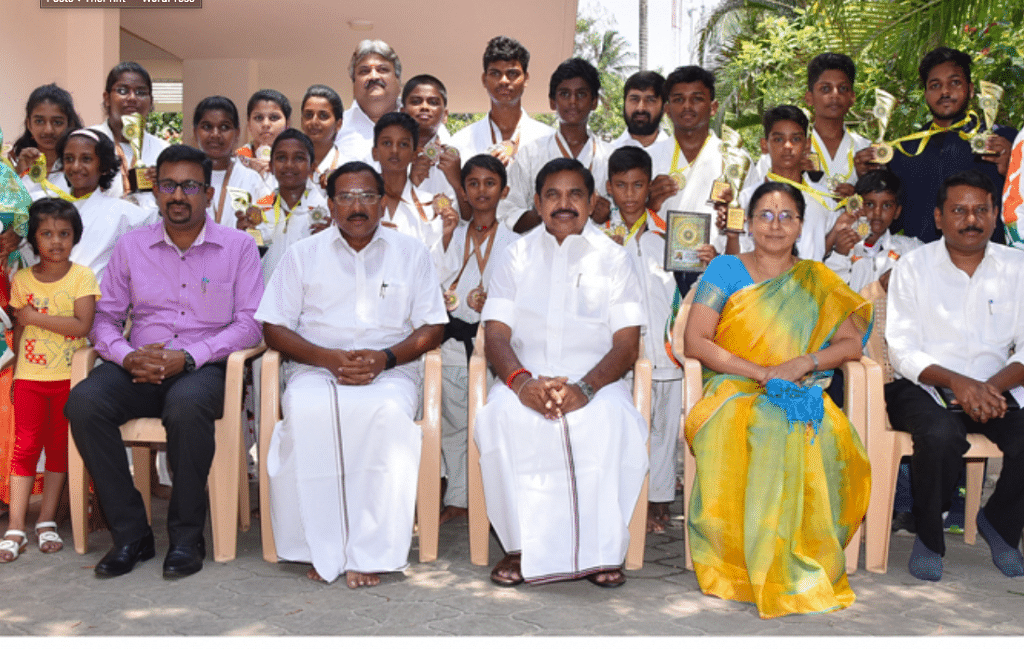Bengaluru: The Tamil Nadu government has issued a Government Order (GO) for the dress code to be followed in its offices. The order, issued by Tamil Nadu chief secretary Girija Vaidyanathan, states that casual attire should be avoided and employees should wear clothes that reflect Indian and Tamil culture, and maintain decorum.
The order was issued because the government says there has been an increasing trend of employees donning “fashionable rather than formal attire”.
Two GOs were issued in just the past week. The first was on 28 May, which was an amendment of the earlier Tamil Nadu Secretariat office manual — it said that women needed to wear neat, clean, formal attire like saree or salwar kameez or a churidar with dupatta of “sober colour”, while men should follow the dress code of shirts with formal pants.
The second order on 1 June amended the previous one, and added ‘veshti’ to the men’s list, “reflecting Tamil culture”.
“We have seen that many employees are wearing clothes that do not suit a government office. Women are seen wearing leggings and short kurtas, or tops without dupattas, which is not acceptable,” Peter Anthonysamy, head of the Tamil Nadu Secretariat Association, told ThePrint.
“Men too have been found wearing low-waist pants or jeans, and there is no tolerance towards this. That is why it was necessary to issue an order so that all employees follow it.”
Reactions to the order
A former IAS officer who has served in a previous government headed by J. Jayalalithaa said on the condition of anonymity that the intent of the GO was positive, but questioned the need to issue an order rather than an advisory.
“Youngsters today are very fashion conscious, and many are seen wearing clothes that are off-shouldered, which is not proper for a workplace. But I am not sure if it warrants a Government Order,” the official said.
“This is a way to control those who indulge in wearing clothes that may be fashionable. There is a need for them to be smart and sober rather than being garish.”
Actor and social activist Kasthuri Shankar defended the order, saying even schools and nightclubs have uniforms and dress-codes.
“It is fine that the state has prescribed formal attire. But the recommendations are vague and need fine-tuning,” Shankar said.
Also read: When a Fabindia kurta-pyjama was too unsophisticated for Bangalore Club
Controversies over veshti
Several state governments across the country have dress codes for their employees, but the Tamil Nadu order includes the controversial veshti (dhoti). This attire has been a bone of contention in some states.
The reason for introducing the veshti specifically in the second GO was because there had been earlier instances where judges and lawyers were not allowed to enter certain premises wearing the traditional South Indian attire.
In 2014, there was a major uproar when a sitting judge of the Madras High Court, Justice Hariparanthaman was denied entry into the Tamil Nadu Cricket Association Club in Chepauk because he was wearing a veshti.
